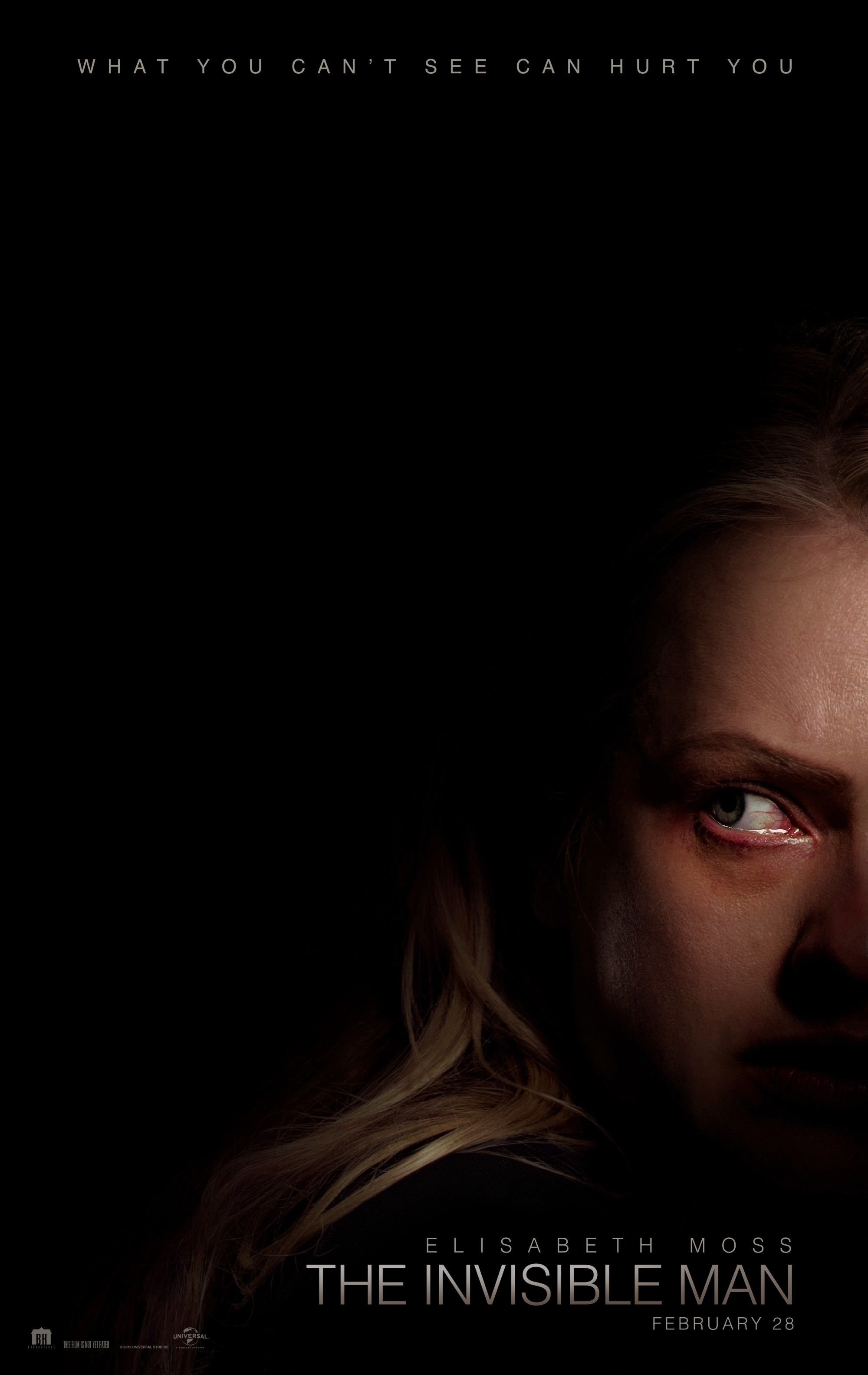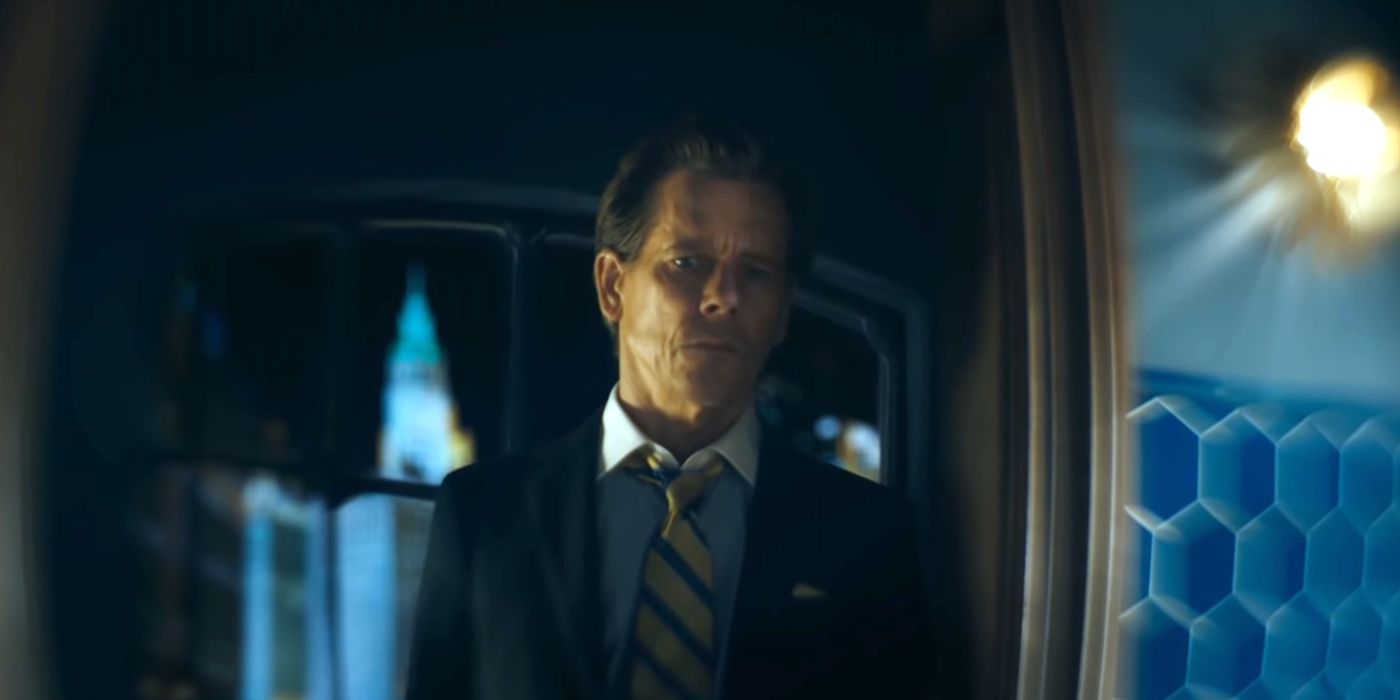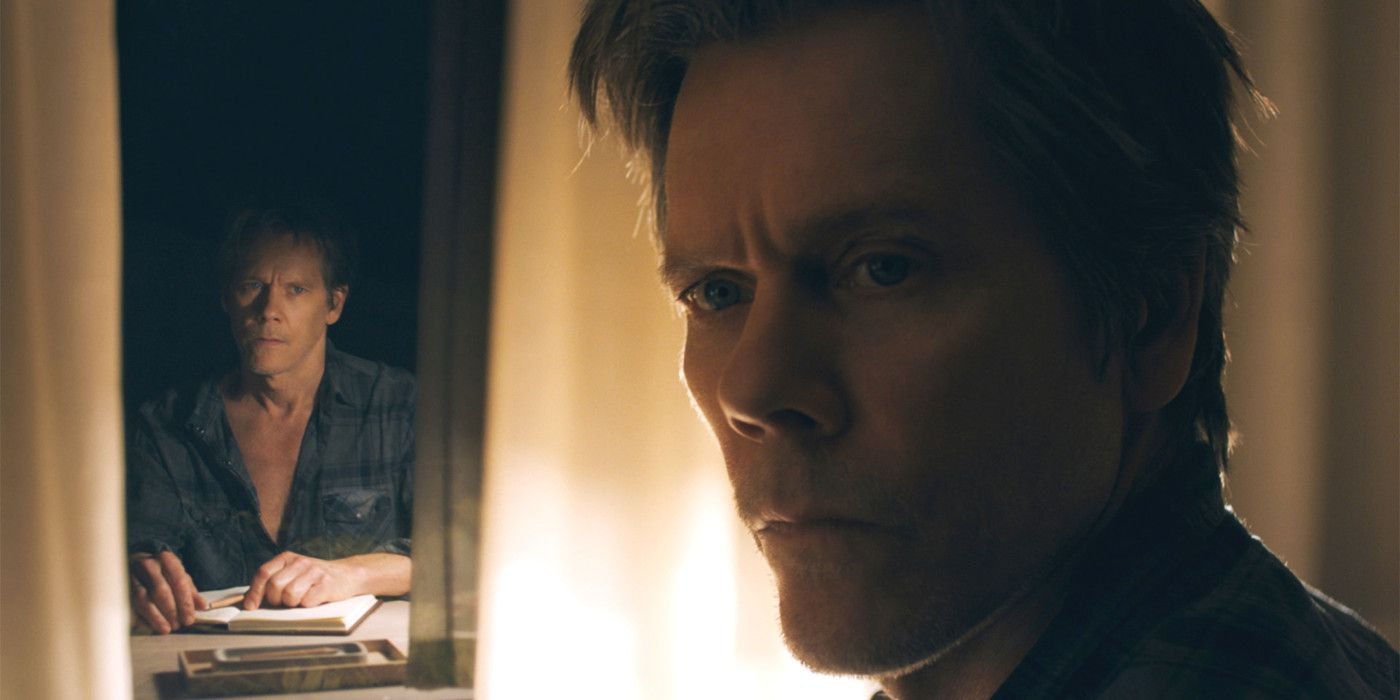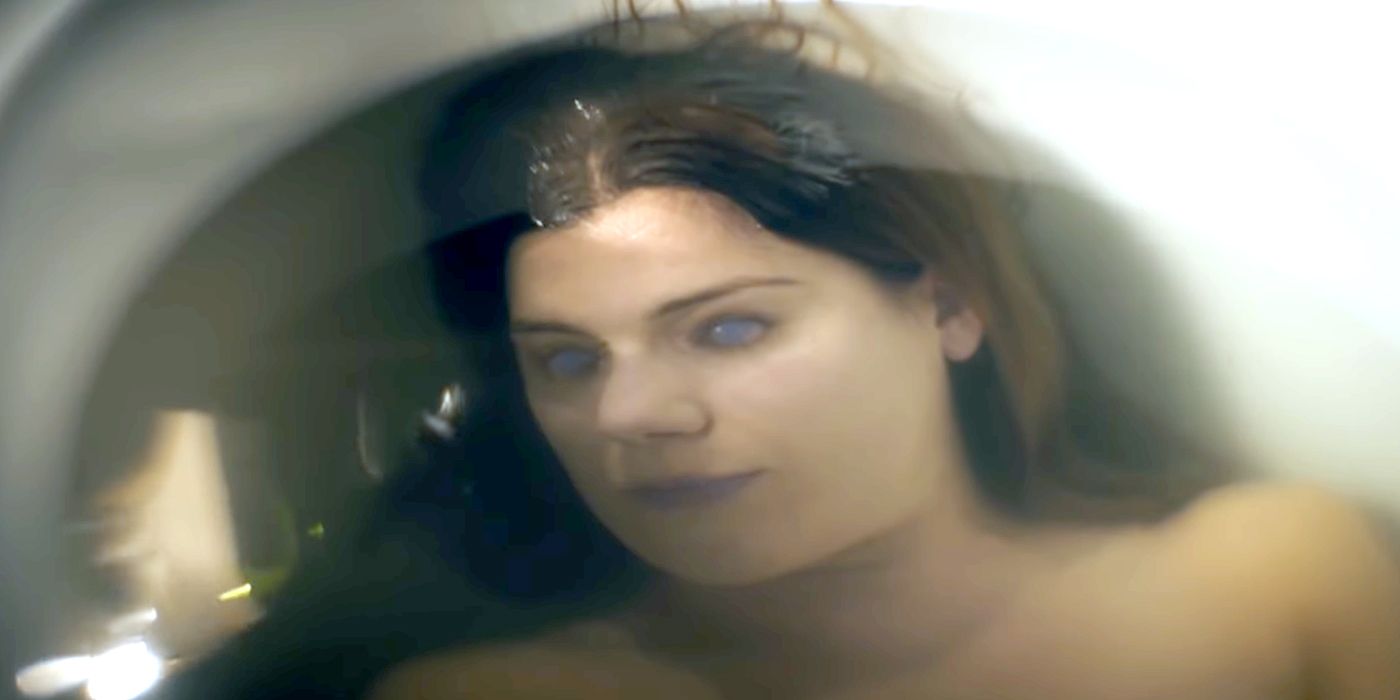The Invisible Man
You Should Have Left(2020 ) andThe unseeable Man(2020 ) are bothpsychological horror filmsthat feature a protagonist torment by an unobserved chaser , and both have a fictitious character who is guilty of domesticated insult ; however , You Should Have Leftgets a few matter wrong thatThe unseeable Mandid right . The former rickety attempts to give principal character Theo ( Kevin Bacon ) a sympathetic , relatable personality , despite his past times ( and present ) contumely , while the latter cast main quality Cecilia ( Elisabeth Moss ) as a traumatise survivor of abuse who in the end clear she has to take subject into her own hands .
You Should Have Left ’s biggest bankruptcy is not that it is done from the distributor point of view of the abuser , Theo ; its liberal failure is that it conceals that period of sight for almost the entirety of the film without ever really exploring the inner struggle that supposedly goes with it . Theo admits that he struggles with green-eyed monster in his family relationship with Susanna ( Amanda Seyfried ) , and he write in a daybook , where he tries to exercise through his other , gravid issue , which is let out in a minor twist at the end of the celluloid . This is not enough — despite the fact that he confesses his biggest offense by the film ’s end and does seem reasonably penitent for his error , the film itself does n’t aid him to earn the forgiveness or repurchase that he may merit . He but has n’t done the work , and the conclusion feels purchasable .
relate : You Should Have Left : Why Susanna [ SPOILER ]

The Invisible Man , on the other mitt , does make Cecilia the forgiveness she deserve for her wrongdoing — murdering her maltreater and ex - boyfriend , Adrian ( Oliver Jackson - Cohen ) . She struggle emotionally and psychologically throughout the film as she battle the gaslighting and violence of supposedly deceased Adrian , and she also quite viscerally ( i.e. , she becomes the Invisible Man ) come to damage with the fact that murder is the only style she can escape him . The film provides ample sustenance for Cecilia ’s decision , namely that no one , not the authorities , not even her closest friend , James ( Aldis Hodge ) , believes her when she say that Adrian is still awake and that he faked his own last .
You Should Have Left Theory: Theo Is The Invisible Man
It might seem obvious that Theo has more in common with Adrian , the titular Invisible Man , than he does with Cecilia — they are both abuser , albeit two different classes of maltreater , and they are both punished in the film for their number of cruelness . However , whileThe Invisible Manmakes the argument that domestic insult is an " inconspicuous " horror that requires over-the-top measures to defeat , You Should Have Left , as a film , is guilty of concealing that very repugnance as well as the true nature and extent of Theo ’s abusive turn . The picture show only provides delicate , coddling examples of the more subtle , " socially satisfactory " forms of abuse of which he is guilty : jealousy , playing the dupe , slovenly woman - shaming , etc . He also display traits of egomania ; for example , when he has an childish argument with Susanna ’s co - worker on solidification .
This concealment of his true nature was in all probability intended to enhance the supposed big reveal at the final stage , but the docile way in which Theo ’s fictional character is developed throughout the moving-picture show makes it less a shock than it is a boring commiseration company for the flick ’s supporter . It also lessen the fact that Theo has a history of abusive behavior , which he has likely exhibit his entire life , not just with Susanna and his x - wife .
It is through the film ’s concealment of this scene of his persona where Theo can more truly be run across as the Invisible Man ofYou Should Have Left . His wrongdoings are not only hidden by him , but by the film itself — the audience is supposed to understand with Theo by the oddment . However , he is never truly repentant because he does n’t acknowledge that the nuisance he has get others is adequate to , if not greater than , the annoyance he suffers himself . His apology and confession to Susanna are framed and conditioned by his own suffering , and the film ’s title , which is echoed in his final argument , is a gross case of this conditioning .

relate : The Invisible Man : Biggest Unanswered Questions After The Ending , Answered
The phrase " You should have left " , both as a claim and as a terminal apology , is not an entree of guilt , but or else , an exculpation . In other words , Theo tells himself that what he did wrong was not a result of his spoiled decisions and pitilessness ; it was the result of a position that was out of his control . Although this was likely not mean by the film ’s creators , it does speak volumes about how domestic insult is viewed ( or not see ) by high society , thus proving the premise ofThe Invisible Man .
You Should Have Left’s Real Villain Is Domestic Abuse
By the final stage ofYou Should Have Left , the Stetler house turn out to be less a force of supernatural wickedness than it is a force of supernatural justice ; and despite its failures , the moving picture still works on some level , albeit a very naïve one . UnlikeThe Invisible Man , You Should Have Leftis explicitly a picture without a villain . Theo is , of course , hangdog of many thing , but he is portrayed almost as a victim of circumstance , rather than blamable of his own misdeeds .
Therefore , the celluloid is left with only one real villain — domesticated abuse — and society ’s leaning to picture it " invisible " even makes dupe of the maltreater themselves , to that extent as they can not " see " the wrong they commit . This reduction of personal responsibility is bolstered by the fact that Theo ’s punishment is designate to find him whether he confesses or not . However , this is only a fancy dreamed up by the film maker . In reality , perpetrators of domesticated abuse rarely confront punishment at all , mostly due to the lack of laws need to bring these sinner to DoJ .
When viewed together , these two films fromBlumhouse Productionswork in perfect counterpoint with one another : You Should Have Leftsymbolizes high society ’s failure to appropriately cover this vital government issue , andThe Invisible Mansymbolizes gild ’s pauperism for radical variety . In reality of course , one can only hope that the result to domestic contumely can be found somewhere between righteous execution and supernatural Department of Justice .

Next : You Should Have Left : Ending & House Explained


